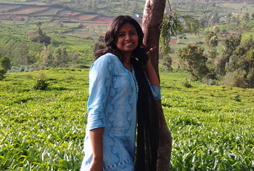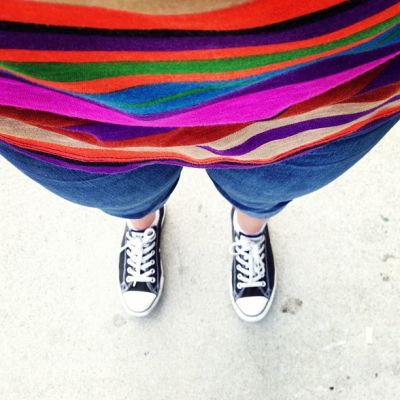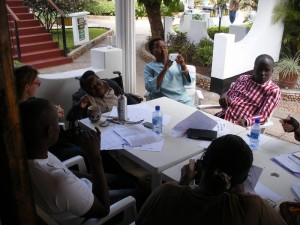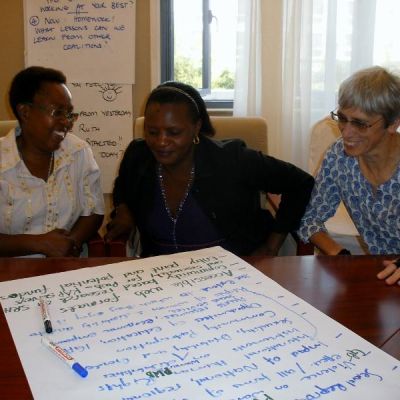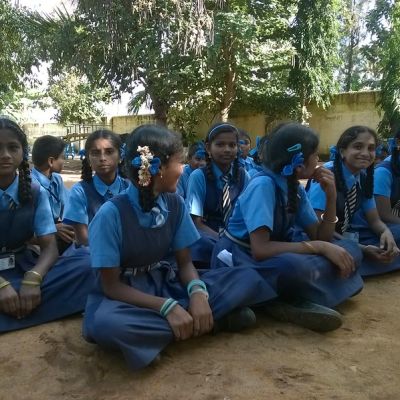Categories
I find that sports spaces demand that all athletes, irrespective of their gender, ‘play like men’. I was recently coaching…
The ways I look at femininity have evolved as I have. Growing up in a space driven by dance and…
In this essay, I revisit my early struggles with AIDS diagnosis during the summer of 2003. The recollections allow me to rethink how the New York cityscape and coming out about my HIV status to my parents in India shapes a racialised experience with HIV and AIDS, family relations, and transnational migration. Such a racialised experience is erased within Tony Kushner’s Angels in America.
Personally, I don’t know if it’s because of how Instagram has evolved, or the people using it, or, well, me. Among its most wonderful sights – jaw-dropping beautiful travel destinations; delicious-looking home-cooked South Indian food neatly arranged on a stainless steel plate; doodles and handicraft – what I love about the platform is watching people, mostly women, dressed up.
Personally, I don’t know if it’s because of how Instagram has evolved, or the people using it, or, well, me. Among its most wonderful sights – jaw-dropping beautiful travel destinations; delicious-looking home-cooked South Indian food neatly arranged on a stainless steel plate; doodles and handicraft – what I love about the platform is watching people, mostly women, dressed up.
It is necessary to recognize and address the key role that sexuality plays when it comes to our efforts against EFM. What we need to remember is that EFM “doesn’t just lead to a set of restricted choices; it reflects and reinforces a set of restricted choices that already exist.”
The Structure of the Coalition The second day promised to be one that focused more on the structure and process…
In the first week of July, I travelled together with my partner (commonly known as ‘the DisObedient PA (DOPA)’ amongst…
As development professionals, our tasks involve reflecting on the norms that service providers, colleagues and field staff engaging with communities hold on to so strongly. How can programmes create safe spaces to match up to service providers’ professional and personal beliefs so that they can challenge those norms in their own families and be non-judgmental?
Experiences and learnings from the immediate surroundings such as the school and the family leave a deep impact on the…
In this month’s issue of Play and Sexuality, Wesley D’Souza recounts the time his school put up a production of The Pied Piper of Hamelin, his preparations for its audition, and how the process was intertwined with an exploration and acceptance of his sexuality.
The last few years have been a struggle in accepting myself with the possibility of always having acne and believing that I am still beautiful, even on the “outside”. This journey of believing that I can be worthy of love, attraction, expression and desire regardless of my looks continues to be liberating and empowering.
The discourse on safer sex is usually couched in medical language– protection from STIs and unwanted pregnancies are what supposedly…
In a way, Mrs Chatterjee’s worst fears had been confirmed. The hostel was indeed dangerous – not because of “raging hormones”, but because wewere constantly initiating discussions and circumstances which challenged the patriarchal status quo.
Home, to me, was never a static entity, but my time in a girl’s hostel feels like the embodiment of everything my ideal “home” is – empowering, liberating, and full of women who love each other unabashedly.

